Samantha Stones is a Donation Specialist Nurse at Western Health.
She chatted to the ANMJ about her role in the lead up to annual DonateLife Week.
What inspired you to become a Donation Specialist Nurse?
I feel that I have lived a life that has been touched by organ donation. When I was younger, I lost someone very close to me. They became an organ donor and donated almost everything and that brought me so much comfort. Knowing that they were helping other people, even after they were gone, meant the world to me. It was one of the reasons I became a nurse in the first place – to make a difference, to offer solace and hope to those in need. Now, I’ve been a nurse for more than 13 years. I’ll never forget the moment in my first year of nursing when I observed an organ donation operation. The donation nurse I met that day had an incredible ability to comfort the donor’s family and everyone else in the theatre. It was as though she had an innate gift to connect with people. From that moment, I knew deep down that I wanted to work in donation.
What training and skills do you have?
I started my nursing career in operating theatres and went on to leadership roles within the anaesthetic and post anaesthetic care unit. I have also worked in a surgical liaison role where I was responsible for optimising patients for surgery and then education and research. I have a Post-Graduate Diploma in Perianaesthetic Nursing and have just recently finished a Master of Public Health. When I had the opportunity to become a Donation Specialist Nurse, I knew it was my dream job. With the excitement also came a tinge of sadness, knowing the weight of responsibility that came with it. I would be the bridge between life and loss, offering a chance at a second lease on life.
What does a typical day look like?
A typical day as a Donation Specialist Nurse can be really varied. I start most days attending the ICU to support the staff and families if there is any end-of-life care within the unit. I also provide education to the nursing and medical teams in ICU, ED, theatre, and palliative care, or review patients to ensure we have followed best practice. If there is a donation case, my priority is to support the patient, their family, and the staff to ensure that donation runs smoothly. A donation specialist is with the patient all the way through the donation operation, so I may even be in the operating theatre.
What’s been your most memorable day in the job?
There are so many! We send letters to donor families letting them know (anonymously) a little about the people that their loved one has helped through organ and/or tissue donation. I gave a donor update to a family who told me how incredibly proud they were of their loved one for being a donor. They were so proud their loved one was able to help three people who would now live a better life because of him. It’s such a legacy to leave behind. My favourite part of the job is writing those family letters, because it provides some closure for the family and shows them that something good has come out of a very sad situation. It gives them solace that they might not have otherwise had. It’s moments like these that make my day memorable. It’s these stories that I carry with me every day. The stories of love, loss, and the resilience of the human spirit. I’ve come to realise that even in the face of heartache, the smallest acts of kindness can create ripples of change.
How do you cope with the emotional demands of the job?
I find working as a donation specialist incredibly rewarding. I feel honoured to be there to support families with something that we know can provide comfort in such a horrible time. I am constantly in awe of the generosity and kindness of donor families on one of the worst days of their lives. I take time to switch off from work and spend time with my own family and friends.
What have you learned most about organ donation since working in this space?
I think the most amazing thing I have learnt since working in organ donation is that a liver can be split and help save the lives of two very unwell recipients. Usually, the left lobe of the liver will go to a child and the right will go to an adult recipient.
What would you like people to know about organ donation?
Organ donation is rare – only about 2% of Australians die in a way where organ donation can be considered. Organ donation can only occur when someone dies in hospital, usually on a ventilator in the ICU or ED, because organs need to be functioning well to be transplanted.
There is currently around 1,800 Australians on the organ waitlist and 14,000 more on dialysis for kidney failure. For many of these people it’s a matter of life or death. We need more Australians to register as an organ and tissue donor because these people need our help.
Importantly, talk to your family about your decision because it makes it harder for families to consent to donation if they don’t know you want to be a donor.
One organ donor can save the lives of up to 7 people and change the lives of many more through eye and tissue donation.
Registering as an organ and tissue donor is easy – it only takes one minute at donatelife.gov.au or with 3 taps on your Express Plus Medicare app.
DonateLife Week is Australia’s main national awareness raising week for organ and tissue donation. It runs from Sunday 28 July to Sunday 4 August 2024. For more information visit donatelife.gov.au



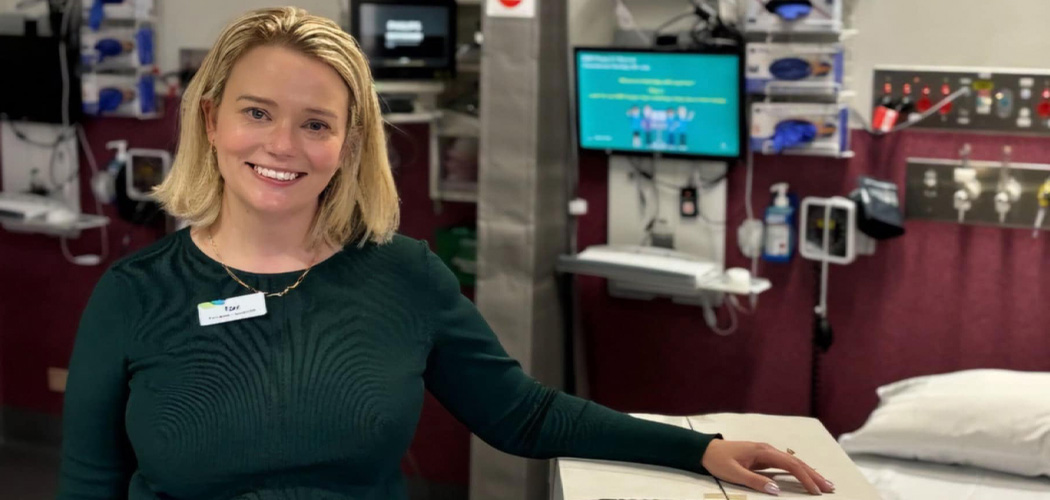

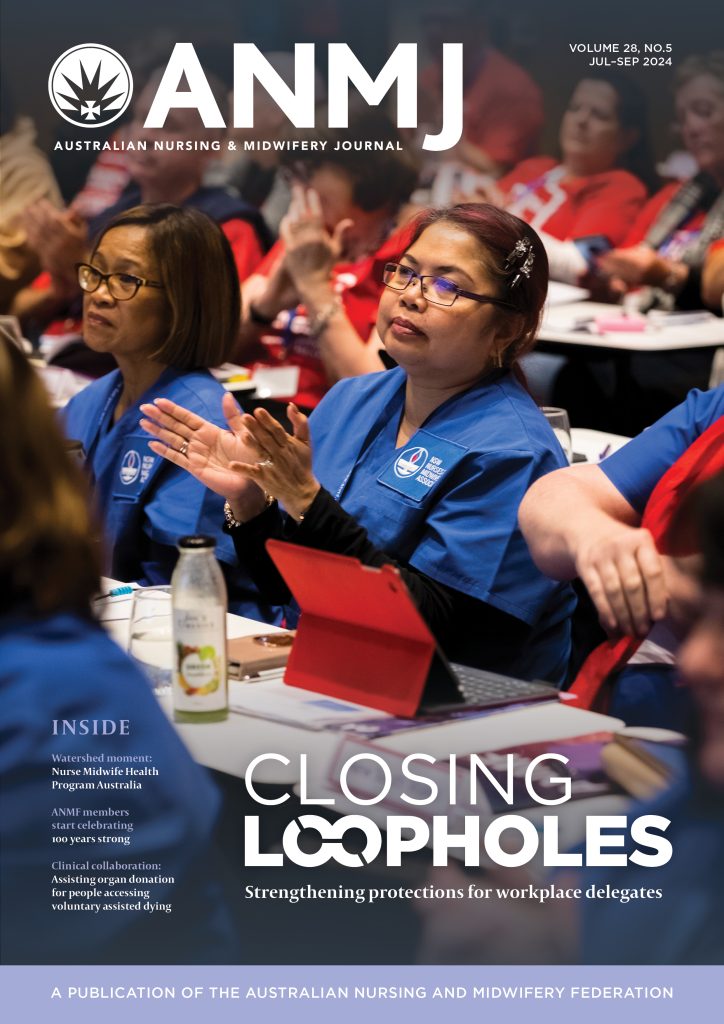
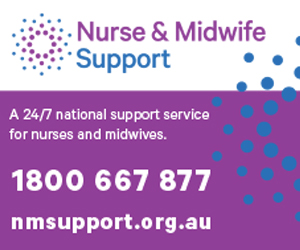

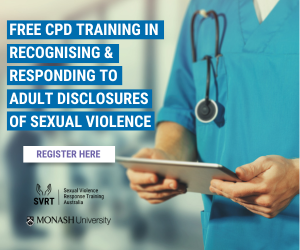
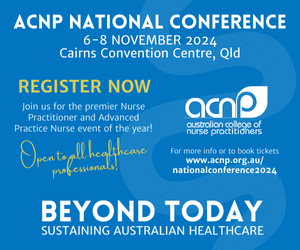
2 Responses
You’re awesome Sammy! Well done mate! I’m proud of you and the work you do!
What an amazing job. You are so passionate and dedicated to the care, of your patients. We are so proud of your achievements. Santha